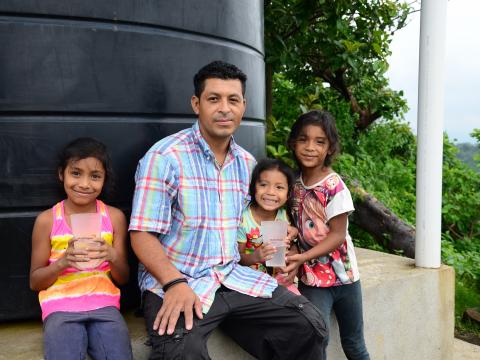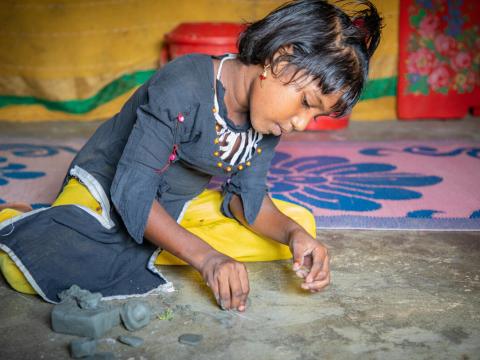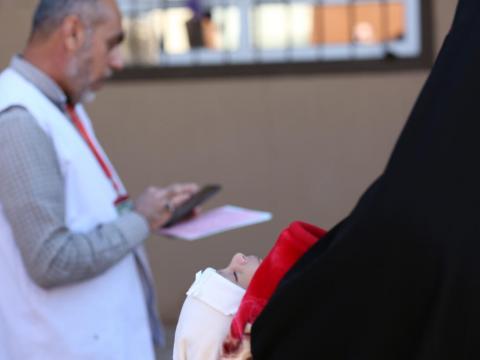
How top quality auditing helps vulnerable children flourish
By Grecia Castillo Cisneros
In 2019, I volunteered with World Vision Nicaragua’s Water, Sanitation and Hygiene team to interview members of a small community called Palo Solo in the municipality of Masaya, Nicaragua. We wanted to learn about the impact of a project that had used donor funds to improve the community’s water source and built a regular, reliable water delivery system.
The interviewees explained that, before the project, community members had been allowed to fill just two water cans per family twice a week. Sadly, the water they took away was not 100% safe for use. World Vision’s work had led to more regular water deliveries and water filters to guarantee cleaner, safer water for consumption, sanitation and hygiene. The difference to the people who lived in Palo Solo was immeasurable. Well, almost.
Auditing makes good better
I work for the Global Internal Auditing department that supports the organisation’s work by measuring and evaluating operational procedures, risk management, control functions, and governance processes. Our highly skilled team provides insights and assurance to internal control processes—in other words we help our colleagues to ensure what they do is done as effectively and efficiently as possible. This matters in any company. For a charity that spends donations and grants to change the lives of millions of vulnerable children for the better, it matters much more.
We’re proud to say that a recent External Quality Assessment by the Chartered Institute of Internal Auditors found that our Global Internal Audit team is operating in a successful audit practice manner, and in compliance with the standards and the IIA Code of Ethics. That’s auditor-speak for getting straights ‘A’s in an audit of our work!
Auditing means improvements
Why is this important? For several reasons. It is important to our senior stakeholders in World Vision that they can trust the effectiveness, accuracy, and objectivity of the audit reports we produce. That way, if we identify any areas that need improving, departments know for certain they need to address them to better pursue their strategic goals.
Just the practice of being willing to be audited by an external body means that we are transparent when it comes to the work that we do. Being open to external scrutiny is also in line with World Vision’s culture, values and ethics which includes good stewardship of the resources entrusted to us—something our work helps to bring about through promoting organisational agility, cost-efficiency, and ensuring that adequate internal controls are in place.
Auditing changes lives
I was excited and inspired to see what efficient, well-audited work looks like when I visited that community in Palo Solo. When parents and carers told us that boys and girls no longer had to walk miles to collect water and miss school as a result, I learned the difference it can make. Efficient, effective programming also meant that families no longer had to wait days to get water.
If you hear the word ‘auditing’ you might not think relief, development, advocacy. Yet, I’m pleased to think back on that visit to Nicaragua and know that the grade ‘A’ work my team does is part of World Vision’s efforts to achieve its vision: life in all its fullness for every child.
To learn more about World Vision's commitment to accountability click here
By Grecia Castillo Cisneros works with World Vision's Global Internal Audit team.

